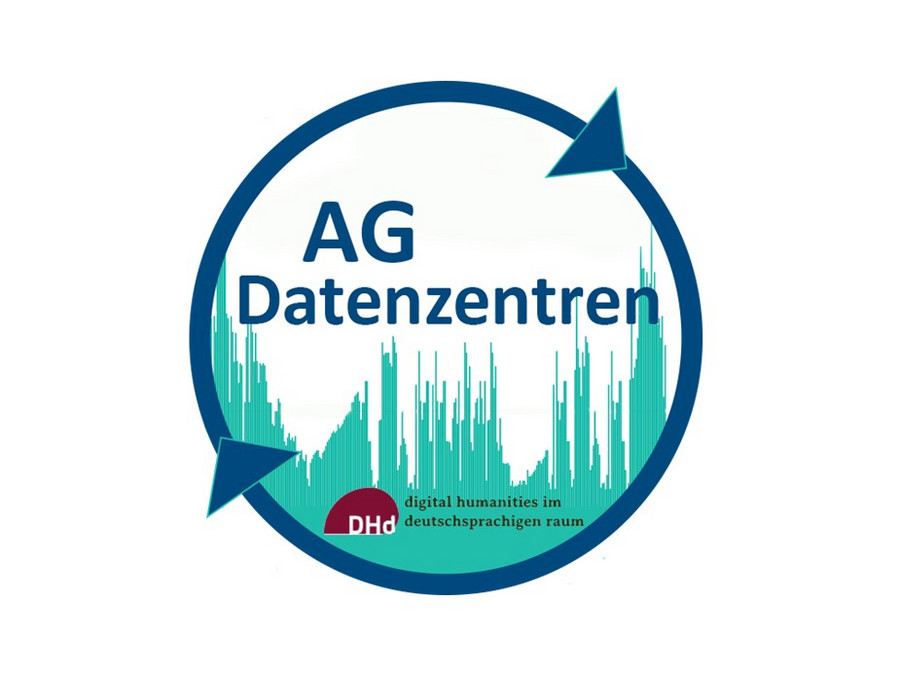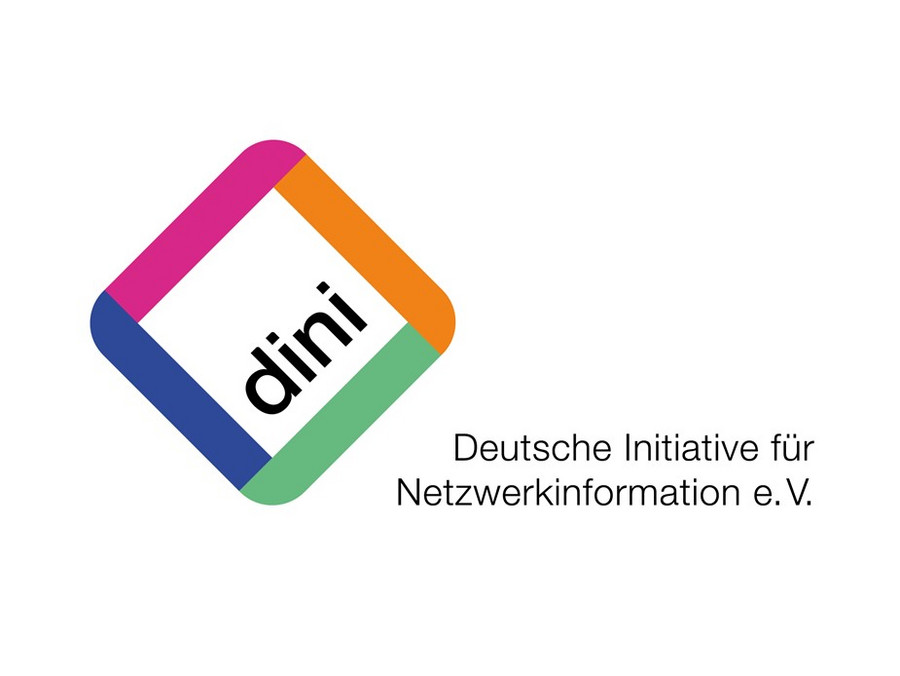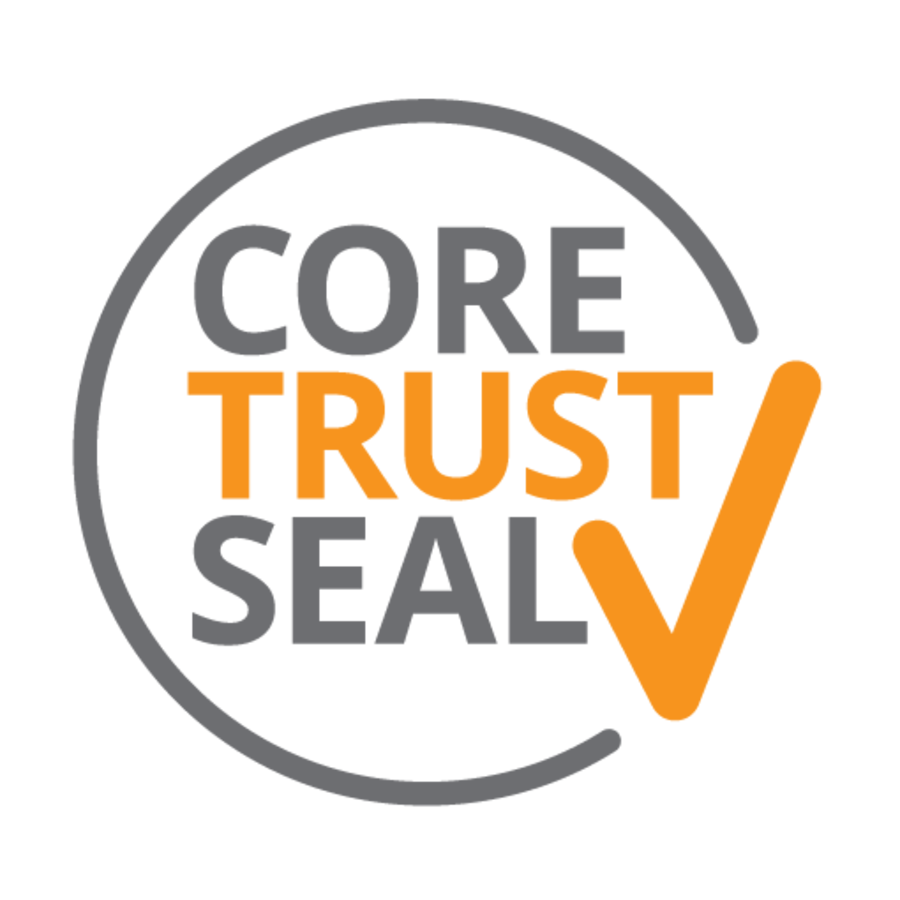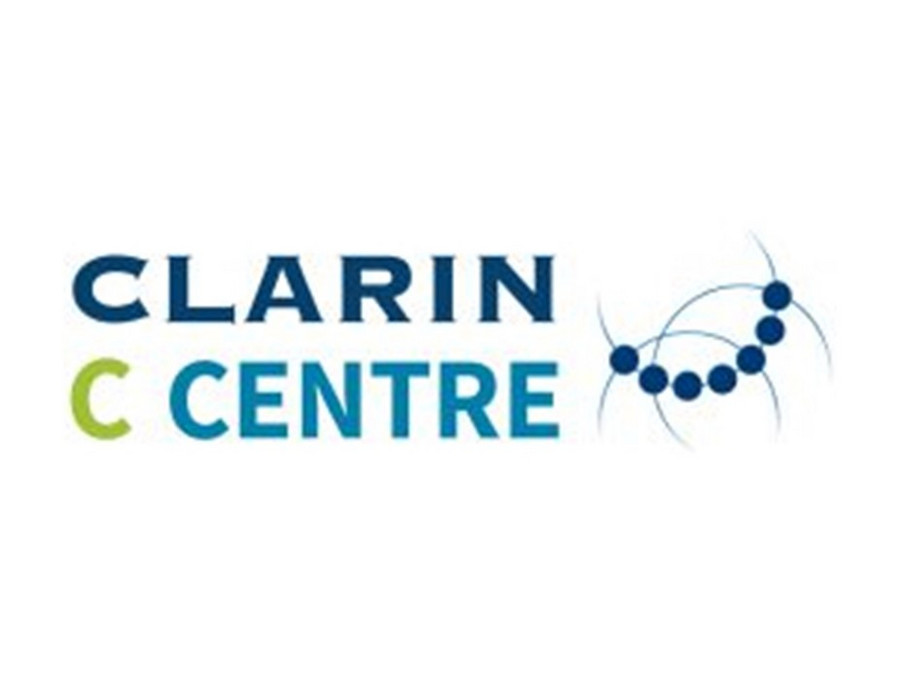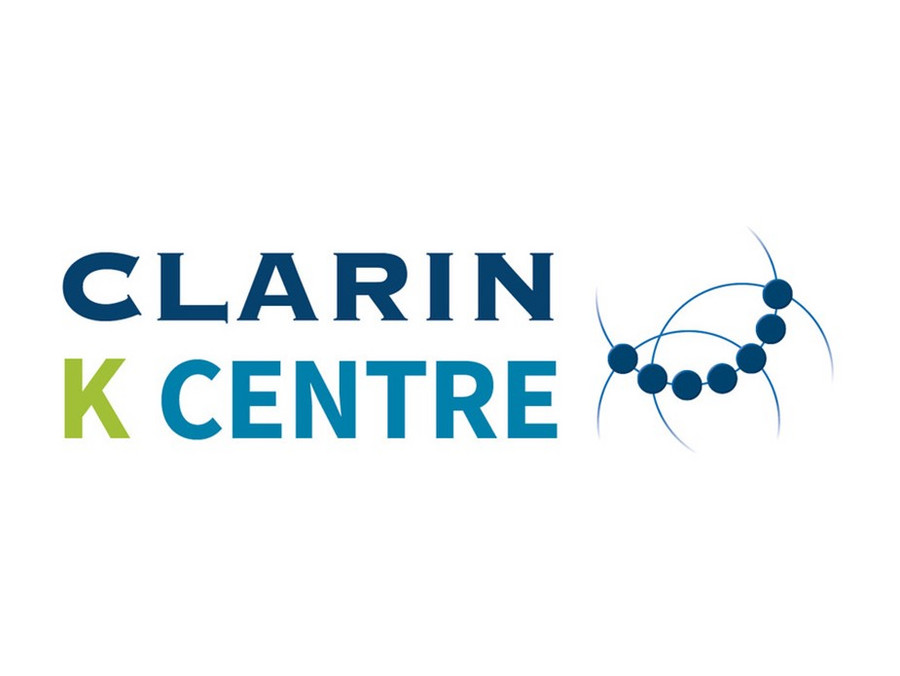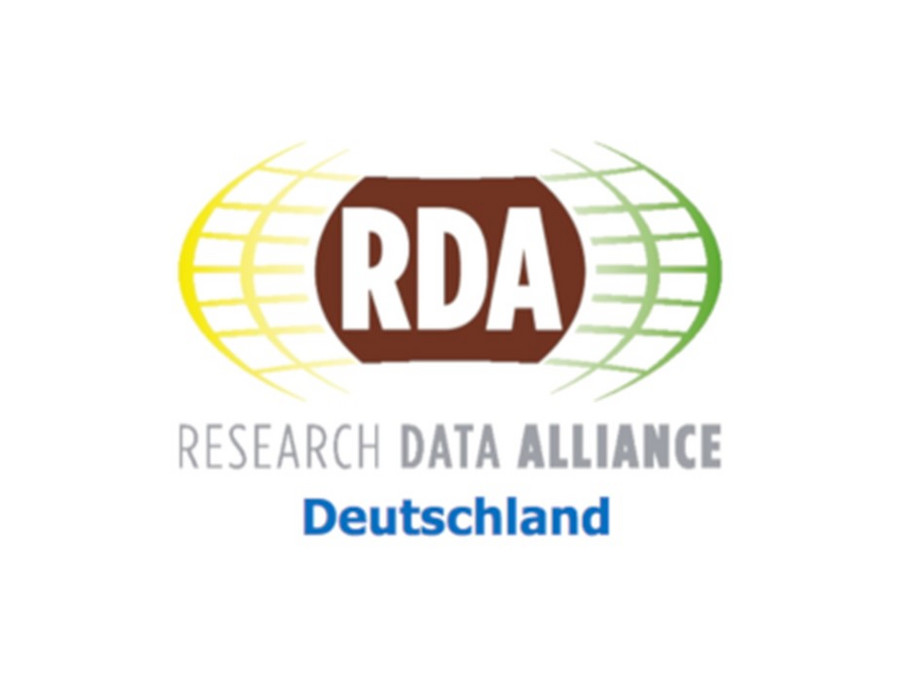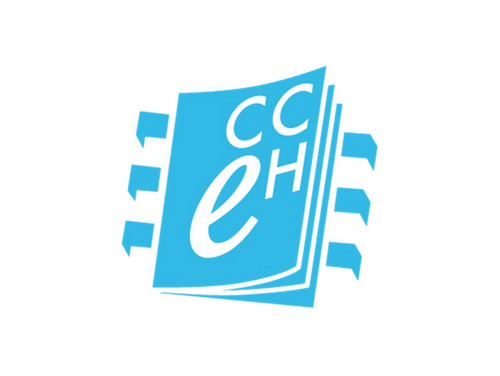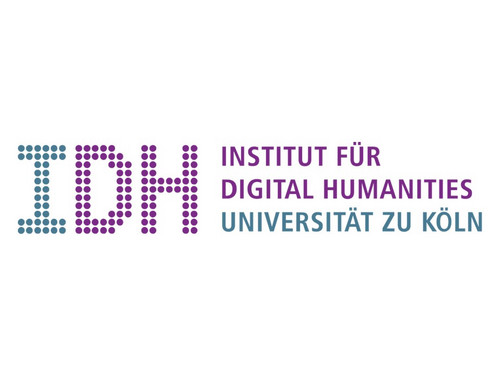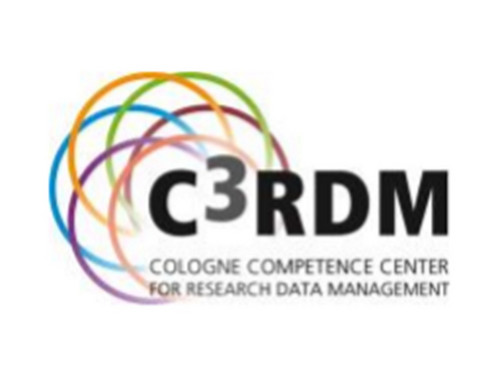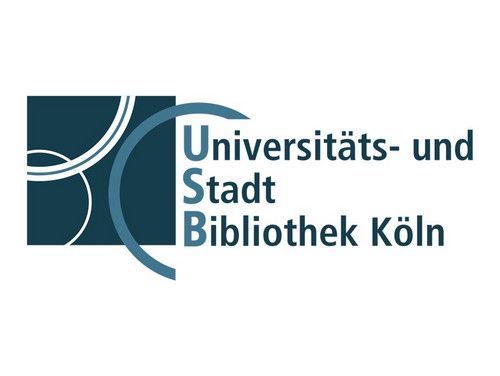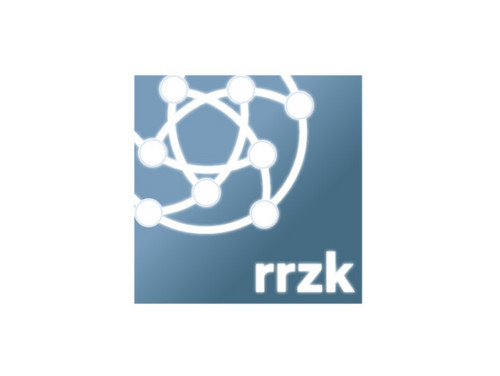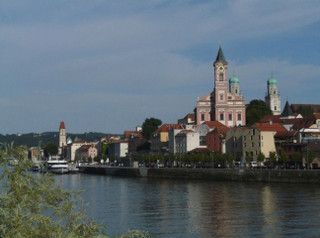Die Jahrestagung des Verbands Digital Humanities im deutschsprachigen Raum e. V. (DHd) findet vom 26. Februar bis 1. März 2024 in Passau statt.
Das DCH beteiligt sich in diesem Jahr mit einem Panel:
Patrick Helling, Felix Rau, Philip Schildkamp, Lisa Dieckmann, Johanna Puhl, Ulrike Henny-Krahmer: „Still alive?! – Vom Umgang mit lebenden Systemen in den Digital Humanities“. https://doi.org/10.5281/zenodo.10698429.
Als Data Steward des Verbands ist Patrick Helling außerdem als Co-Autor mit einem Vortrag vertreten:
Fabian Cremer, André Blessing, Patrick Helling, Ulrike Henny-Krahmer, Kerstin Jung, Nils Reiter: „DHd Chronicles – Anreicherung und Analyse der Beiträge zu den Jahrestagungen der Digital Humanities im deutschsprachigen Raum 2014–2023“. https://doi.org/10.5281/zenodo.10698355.
Weitere Informationen zur Tagung: https://dhd2024.dig-hum.de/
